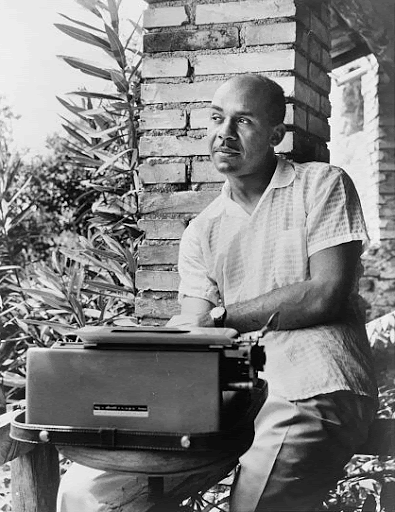DEEP DEUCE HISTORY
Click to open online source
Hover to view citation
Click to open online source of image
At the start of the 20th century, many Black families moved to downtown OKC to seek warehouse jobs. In response, residential segregation laws were created (this was one of the first cities to create residential segregation laws) to prevent African American people from living past 2nd street. The area that became Deep Deuce was forged out of racism that created physical barriers between White and Black communities.
Black-Owned Deep Deuce Businesses
African American owned businesses during Deep Deuce's peak.
2nd Street, from the 1920s through 1950s, was the
center of Black business and entertainment


"By day it served as a business district with barbershops, doctors' offices, beauty shops, clothiers, restaurants, a newspaper office, a cab company, lawyers' offices, a drugstore, a movie theater, a hardware store, and many other businesses, depending on the decade.
At night Deep Deuce turned into a cultural center for African Americans, with nightclubs, supper clubs, and a legendary dance hall featuring outstanding local talent, many of whom gained national acclaim, such as Jimmy Rushing and Charlie Christian."
Sidney Daniel Lyons was a prominent entrepreneur that played a pivotal role in community development in Deep Deuce. His hair and beauty products were extremely popular, making his company, "East India Toiletries" highly successful. He also owned several properties in the area.


The Lyons/Luster family estate was built in 1926 and still stands in Deep Deuce. It is one of the only remaining objects showing the history of the area's upper-class during its peak. It is currently on the National Register of Historic Places.
Photo taken of Melvin Luster, S.D. Lyons' stepson, in 1983 outside of the Lyons/Luster family estate. He maintained the family properties until his passing.
The Black Dispatch was a weekly African American newspaper founded in 1915. Roscoe Dunjee was the founding editor of the Black Dispatch, as well as the founder of the NAACP in OKC and the National Negro Business League. He greatly aided to the expansion of the Deep Deuce community.


"In his role as founding editor of the Black Dispatch, Dunjee has worked closely with the NAACP for decades to craft court challenges to a range of segregationist policies and practices in Oklahoma (and by extension everywhere else), often defraying legal costs out of his own pocket. Such efforts helped pave the way for the landmark Brown v. Board of Education decision of 1954."







